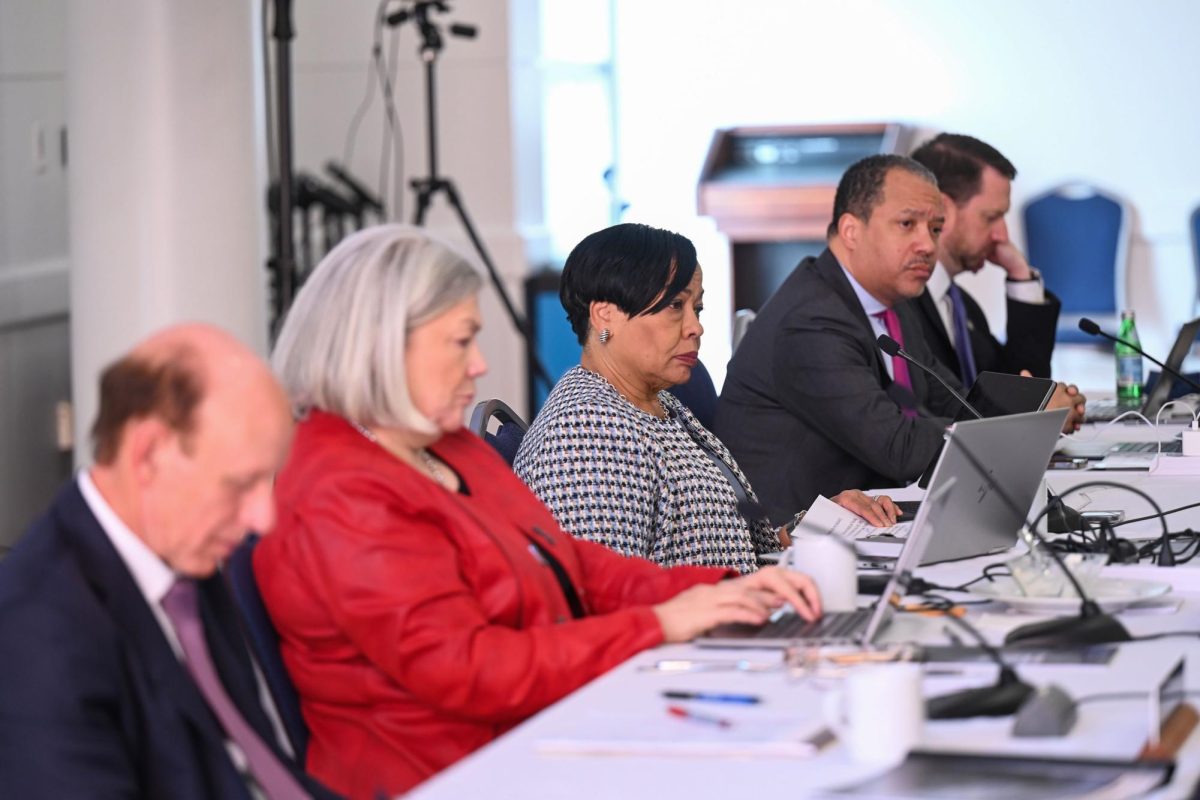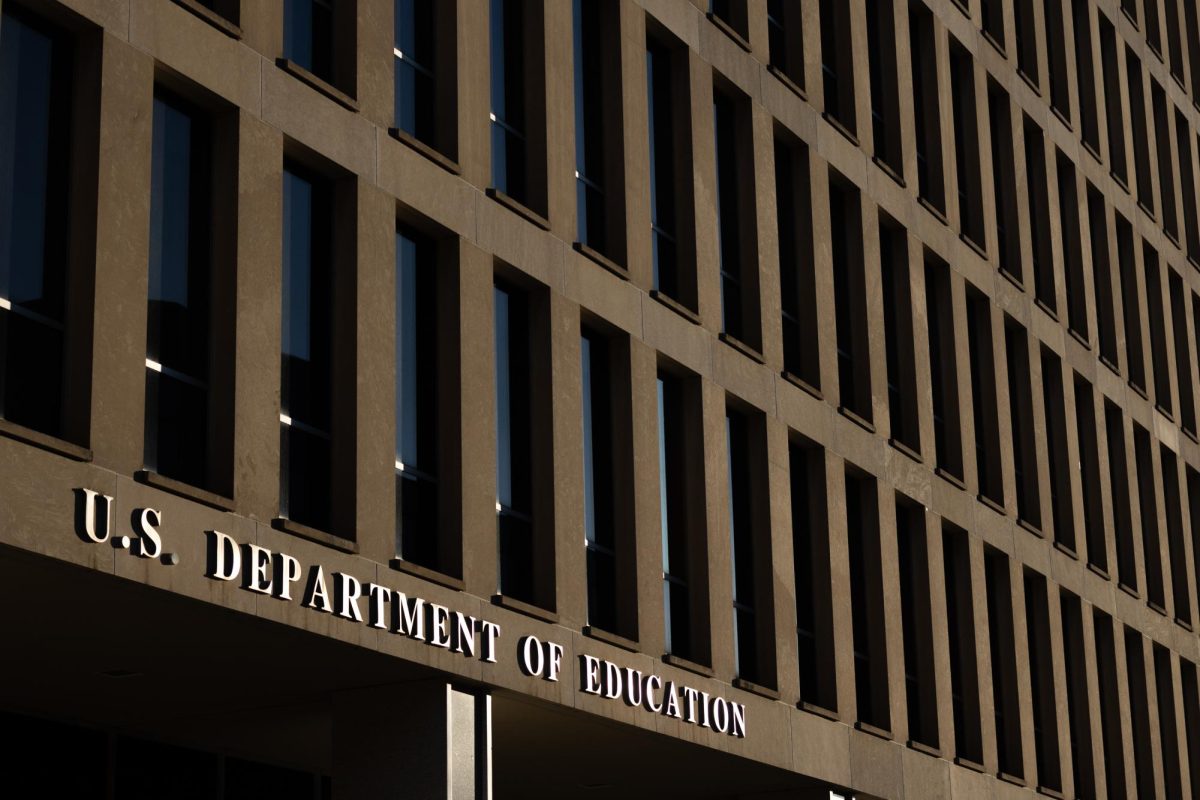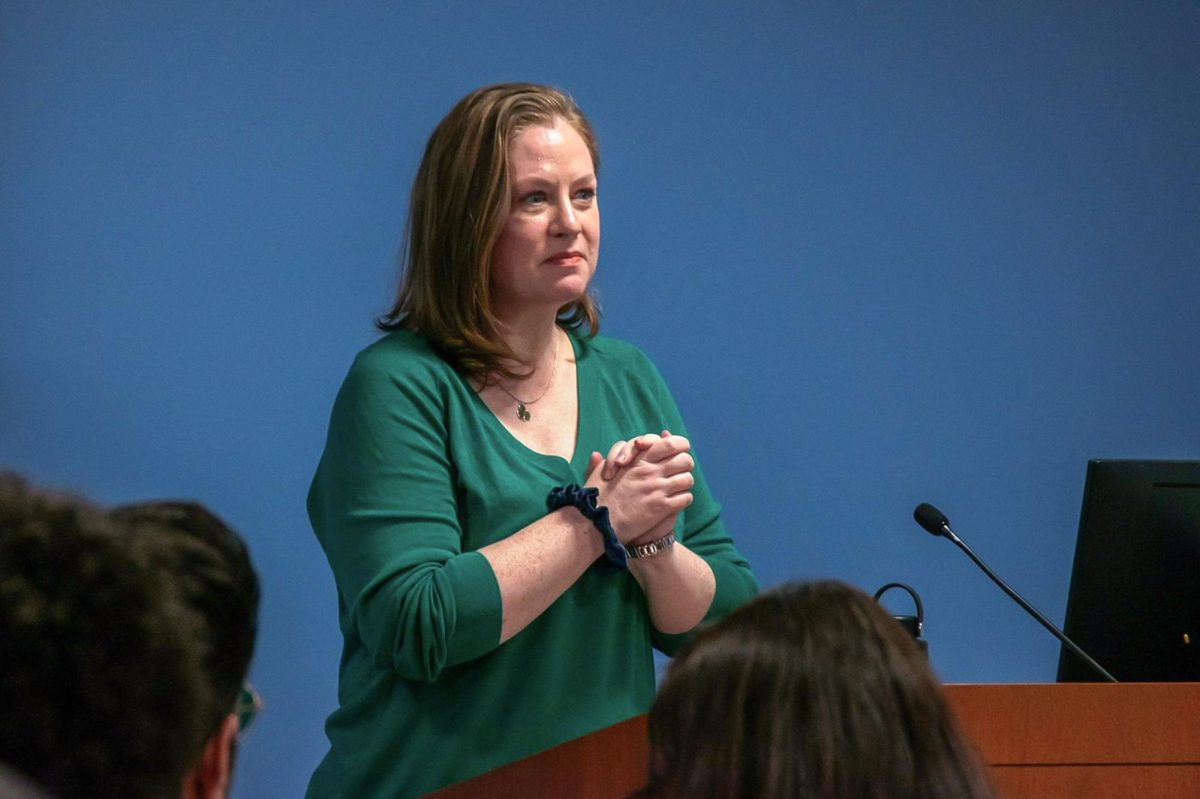Provost Brian Blake said officials are still in the process of searching for a firm to conduct the University-wide diversity audit, but officials are still planning for initial recommendations from the audit to be proposed by late spring or early summer.
Officials said in the initial announcement of the audit in late January that they would select a third-party organization to conduct the audit in the “coming weeks” to provide recommendations by “late spring,” but Blake said consultants at the firms under consideration suggested officials further develop their targets before the firms provide them with proposals. Blake said officials have presented the “overarching scope” of the audit to a subcommittee of the Faculty Senate and are working on a set of two- and three-year targets.
He said officials presented the targets originally to the diversity, equity and inclusion subcommittee of the senate’s appointment, salary and promotion policy committee. He said the scope seemed to have “good consensus,” but officials realized at the meeting that the details and metrics of their longer-term targets needed development.
“Consequently, we need to complete more work than we anticipated internally before we seek proposals from the firms,” he said in an email.
He said the firm that will conduct the audit will be chosen in partnership with the senate subcommittee once the possible firms submit their proposals. He didn’t specify when the firms will submit their proposals under the updated timeline.
Blake said his office will also meet with student and staff diversity leaders to discuss the audit’s scope.
“I anticipate that the ASPP subcommittee and other community members will be integral partners to the overall assessment,” Blake said.
Associate anthropology professor Sarah Wagner and human and organizational learning professor Shaista Khilji – both members of the diversity, equity and inclusion subcommittee – said in a joint statement that Blake invited the subcommittee to consult in the audit.
“In a consultative role, we would like to involve staff members and students to be inclusive and also better understand their needs in addition to faculty needs,” Wagner and Khilji said in an email.
Senators created the subcommittee late last October in response to a resolution the senate passed in July calling for officials to affirm their commitment to anti-racism and diversity, equity and inclusion in tenure and promotion practices.
“We are committed to providing the support that we can,” Khilji said in an email. “Our top priority is bringing all of the stakeholders across the campus to help GW make well-informed decisions.”
Blake said the preliminary scope of the audit suggests close examination of diversity and equity among students, faculty and staff, procedures to diversify recruitment and retention efforts and how to distribute resources to support students of “diverse backgrounds” equitably.
He said officials also hope to further study diversity, equity and inclusion in curriculum and research and accessibility of “convening spaces” for community members like women, people of color and those of different sexual and gender identities.
“I am quite excited about the preliminary scope which is more of a broad-brush of areas that we want to examine and enhance,” Blake said. “Within this scope, we will need to set some very specific priorities for the next two-three years.”










